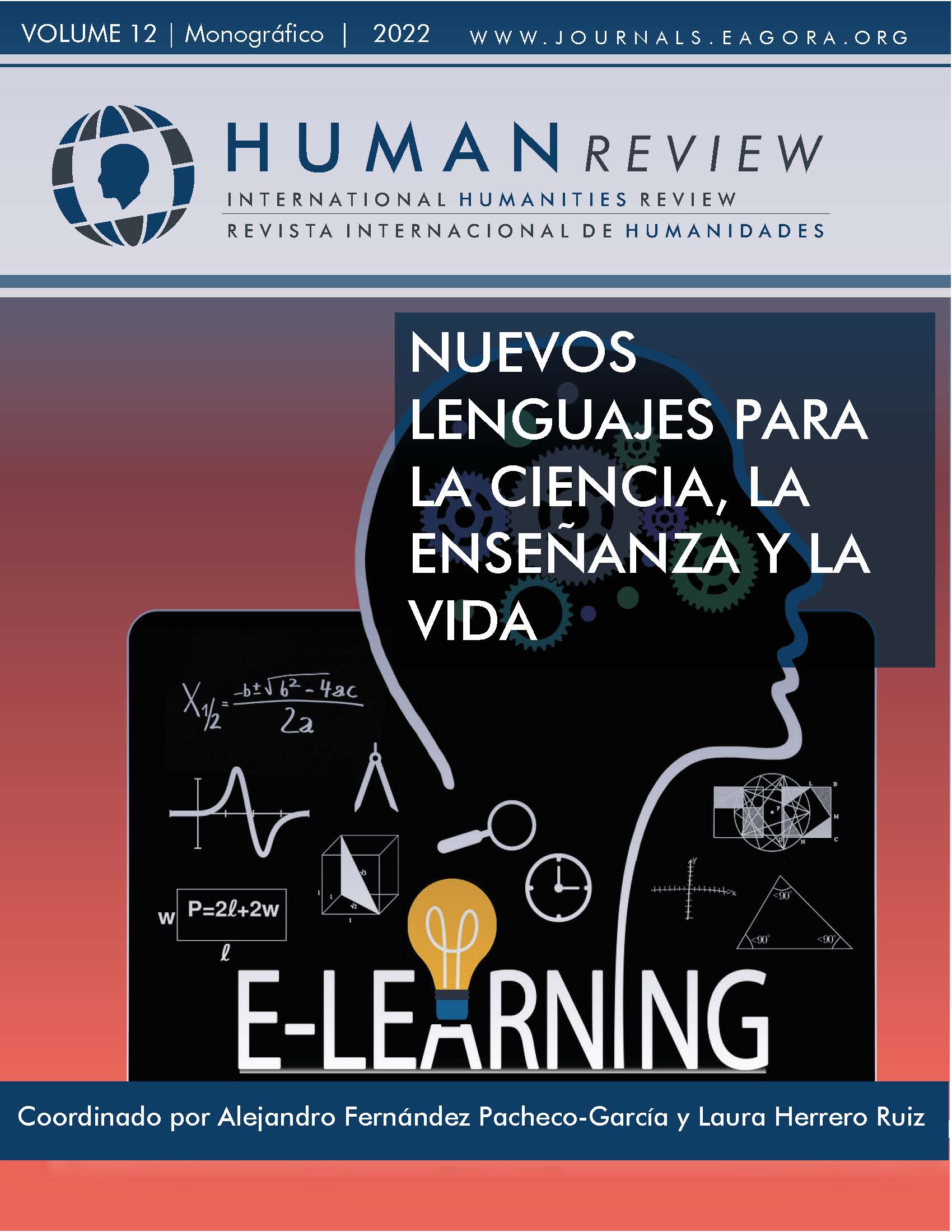Steam city kits
A project for primary schools that combines storytelling, hands-on activities, and physical computing
Keywords:
STEAM activities, Primary Schools, Storytelling, Aveiro Tech City, Physical ComputingAbstract
This paper presents a comprehensive description of the STEAM City Kit project, an exploratory project developed according to a Framework for Innovation process model, as part of the Aveiro Tech City project, and designed for primary school students and teachers. The kit, which consists of 2 children’s stories with hands-on activities, an Arduino, and a wide range of sensors, was developed by a transdisciplinary team from the University of Aveiro and distributed to over 30 schools in the municipality of Aveiro, Portugal.
References
Bers, M. U. (2008). Blocks to robots: Learning with technology in the early childhood classroom. Teachers College Press.
Stroud, A., & Baines, L. (2019). Inquiry, investigative processes, art, and writing in STEAM. In M. Khine & S. Areepattamannil (Eds), STEAM Education (pp. 1-18). Springer. https://doi.org/10.1007/978-3-030-04003-1_1
Robelen, E. W. (2011, December 1). STEAM: Experts Make Case for Adding Arts to STEM. Education Week. http://www.edweek.org/ew/articles/2011/12/01/13steam_ep.h31.html
United Nations (2016). Transforming our world: The 2030 agenda for sustainable development. https://sdgs.un.org/2030agenda
Kloos, C. D., Munoz-Merino, P. J., Alario-Hoyos, C., Estevez-Ayres, I., Ibanez, M. B., & Crespo-Garcia, R. M. (2018). The hybridization factor of technology in education, 2018 IEEE Global Engineering Education Conference (EDUCON) 1(1), 1883–1889. https://doi.org/10.1109/EDUCON.2018.8363465
Guerra, C., Moreira, A., & Vieira, R. M. (2018). A Design Framework for Science Teachers’ Technological Pedagogical Content Knowledge Development, ISQR2017 – International Symposium on Qualitative Research, 5(1), 193–20. https://doi.org/10.1007/978-3-319-61121-1_17
Guerra, C., Moreira, F., Loureiro, M. J., & Cabrita, I. (2020). Programação tangível para a inclusão e promoção das stem- contributos para a formação contínua de profesores, Revista APEduC, 1(1), 100-114.
Roque, V., Raposo, R., de Morais, N. S. N., & Roque, F. (2021). Enseñanza y aprendizaje en línea durante la pandemia de Covid-19: El caso de la educación superior pública portuguesa, Revista Prisma Social, 35(1), 221-248.
Kennedy, T. J., & Odell, M. R. (2014). Engaging students in STEM education, Science Education International, 25(3), 246-258.
Freeman, B., Marginson, S., & Tytler, R. (Eds) (2014). The age of STEM: educational policy and practice across the world in science, technology, engineering and mathematics. Routledge.
Aveiro Tech City (2022, July 10). Aveiro Tech City. https://www.aveirotechcity.pt/pt
Escalona, T. Z., Cartagena, Y. G., & González, D. R. (2018). Educación para el sujeto del siglo XXI: principales características del enfoque STEAM desde la mirada educacional, Contextos: estudios de humanidades y ciencias sociales, 41(1). http://revistas.umce.cl/index.php/contextos/article/view/1395
Cápay, M., & Klimová, N., (2019) Engage Your Students via Physical Computing!, IEEE Global Engineering Education Conference, 1(1),1216-1223. https://doi.org/10.1109/EDUCON.2019.8725101
Krathwohl, D. R. (2002). A revision of Bloom’s taxonomy: An overview, Theory into practice, 41(4), 212-218. https://doi.org/10.1207/s15430421tip4104_2
Sentance, S., Waite, J., Yeomans, L., & MacLeod, E. (2017). Teaching with physical computing devices: the BBC micro: bit initiative, Proceedings of the 12th Workshop on Primary and Secondary Computing Education, 1(1), 87-96. https://doi.org/10.1145/3137065.3137083
Bassachs, M., Cañabate, D., Nogué, L., Serra, T., Bubnys, R., & Colomer, J. (2020). Fostering critical reflection in primary education through STEAM approaches, Education Sciences, 10(12), 384. https://doi.org/10.3390/educsci10120384
Design Council, U. K. (2019). What is the framework for innovation? Design Council’s evolved Double Diamond. https://www.designcouncil.org.uk/
Juca-Aulestia, M., Zúñiga-Tinizaray, F., Pozo-Vinueza, M., Malla-Alvarado, F., Cáceres-Mena, M., Almendariz-Pozo, P., & Román-Robalino, D. (2021). Instrumentation, Implementation and Tools in STEM-STEAM Education: A Systematic Literature Review, In: Rocha, Á., Adeli, H., Dzemyda, G., Moreira, F., Ramalho Correia, A.M. (Eds.) Trends and Applications in Information Systems and Technologies. WorldCIST 2021. Advances in Intelligent Systems and Computing, 1367(1), 183–194. https://doi.org/10.1007/978-3-030-72660-7_18
Erol, A., Erol, M., & Başaran, M. (2022). The effect of STEAM education with tales on problem-solving and creativity skills, European Early Childhood Education Research Journal, 1-16. https://doi.org/10.1080/1350293X.2022.2081347
Piila, E., Salmi, H., & Thuneberg, H. (2021). Steam-learning to mars: Students’ ideas of space research, Education Sciences, 11(3), 122. https://doi.org/10.3390/educsci11030122
Sullivan, A., & Strawhacker, A. (2021). Screen-free STEAM: Low-cost and hands-on approaches to teaching coding and engineering to young children. In C. Cohrssen & S. Garvis (Eds), Embedding STEAM in early childhood education and care (pp. 87-113). Palgrave Macmillan, Cham. https://doi.org/10.1007/978-3-030-65624-9_5
Sakon, T., & Petsangsri, S. (2021). STEAM Education for Enhancing Creativity in Packaging Design, Archives of Design Research, 34(1), 21-31. http://dx.doi.org/10.15187/adr.2021.02.34.1.21
Chapman, S. N., Barton, G., & Garvis, S. (2021). To STEAM or not to STEAM: Investigating arts immersion to support children’s learning. In C. Cohrssen & S. Garvis (Eds), Embedding STEAM in early childhood education and care (pp.155-172). Palgrave Macmillan, Cham. https://doi.org/10.1007/978-3-030-65624-9_8
Fitzsimmons, R., & Pearson, T. (2022). STEAM Storytime: Fusing Artistic Expression with Scientific Discourse through Picture Books. In V. Kao & J. Kiernan (Eds.), Writing STEAM (pp. 46-63). Routledge. https://doi.org/10.4324/9781003123347

